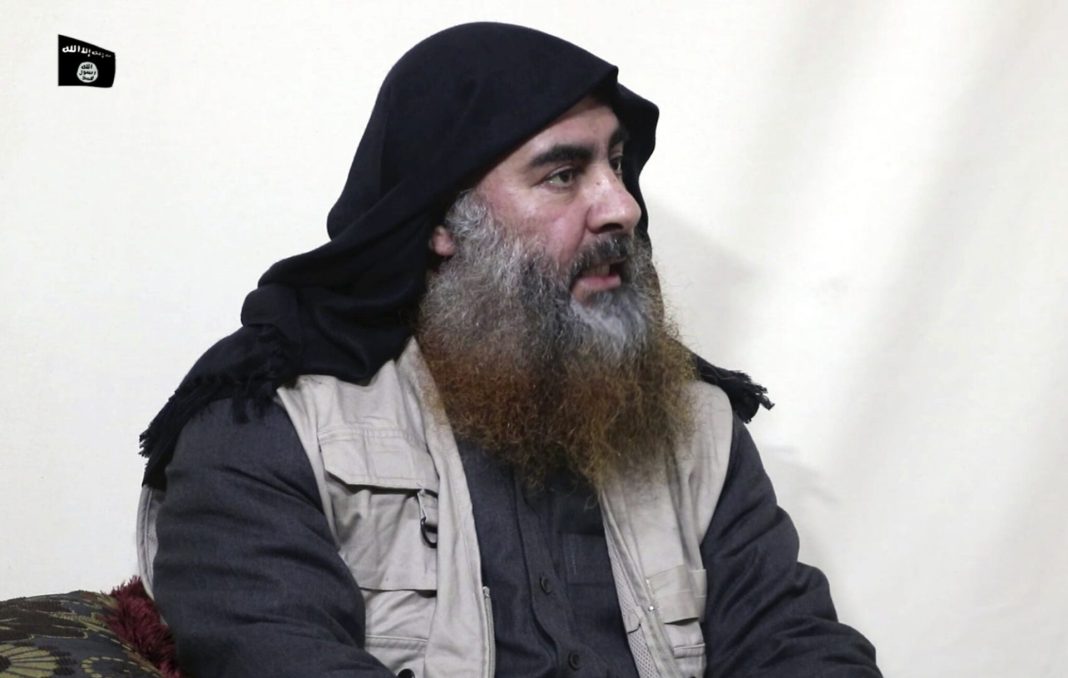A set of newly-released confidential documents reject claims by the Pentagon that the US military’s 2019 deadly airstrikes on the Syrian hideout of the leader of the Daesh terrorist group did not leave civilian casualties.
The secret documents, released by National Public Radio (NPR), shed new light on the US special operations forces during their raid in Syria’s northern province of Idlib, which prompted Ibrahim al-Samarrai, also known as Abu Bakr al-Baghdadi, to blow himself up.
The media organization said it had obtained a redacted copy of the Defense Department’s confidential 2020 report on the incident.
NPR’s review of the documents, including aerial imagery from the operation on October 26, 2019, revealed that the US helicopter fire “killed and maimed” Syrian “civilians” during the raid while the Pentagon claimed those men were enemy combatants who had ignored warning shots.
“US troops fired warning shots mere seconds before launching airstrikes on the Syrian men’s van; this undermines the military’s assertion that the men demonstrated hostility by failing to stop or change course,” the documents said.
“The Pentagon provided no evidence that the victims were enemy combatants beyond the split-second assessment by US troops on the dark night of the raid,” they added, stressing that the US officials did not compile an intelligence dossier to support the claim that the victims were “unlawful enemy belligerents,” it added.
General Kenneth McKenzie, the commander of the operation, claimed days after the October raid on Baghdadi’s whereabouts that the van “displayed hostile intent, came toward us, and it was destroyed.”
The lone survivor of the airstrikes, Barakat Ahmad Barakat, now 39, was cited by NPR as saying that he and two friends were working as agricultural laborers at an olive press and that the friends were driving him home in their van.
Unaware of Baghdadi’s hideout and the presence of American forces, Barakat said they were startled to come under US airstrikes, fled the van and were targeted again.
“There was nothing suspicious at all. We kept moving normally. There was nothing ahead of us on the road,” Barakat said, adding, “Suddenly I felt something hit us.”
Barakat’s two friends, Khaled Mustafa Qurmo, 27, and Khaled Abdel Majid Qurmo, 30, were killed in the airstrikes. Barakat’s right hand was blown off and his left hand was badly injured.
Former US President Donald Trump officially announced in a news briefing at the White House at that time that Baghdadi had died during a US raid on his compound in the northern Syrian province of Idlib.
The US military officials claimed that their troops protected non-combatants, with the then-head of state calling the raid “impeccable.”
Syrian President Bashar al-Assad cast doubt on Trump’s claim that Daesh ringleader Baghdadi had been killed in an operation by the US military, calling the much-publicized operation a “fantastic play” staged by the Americans.
